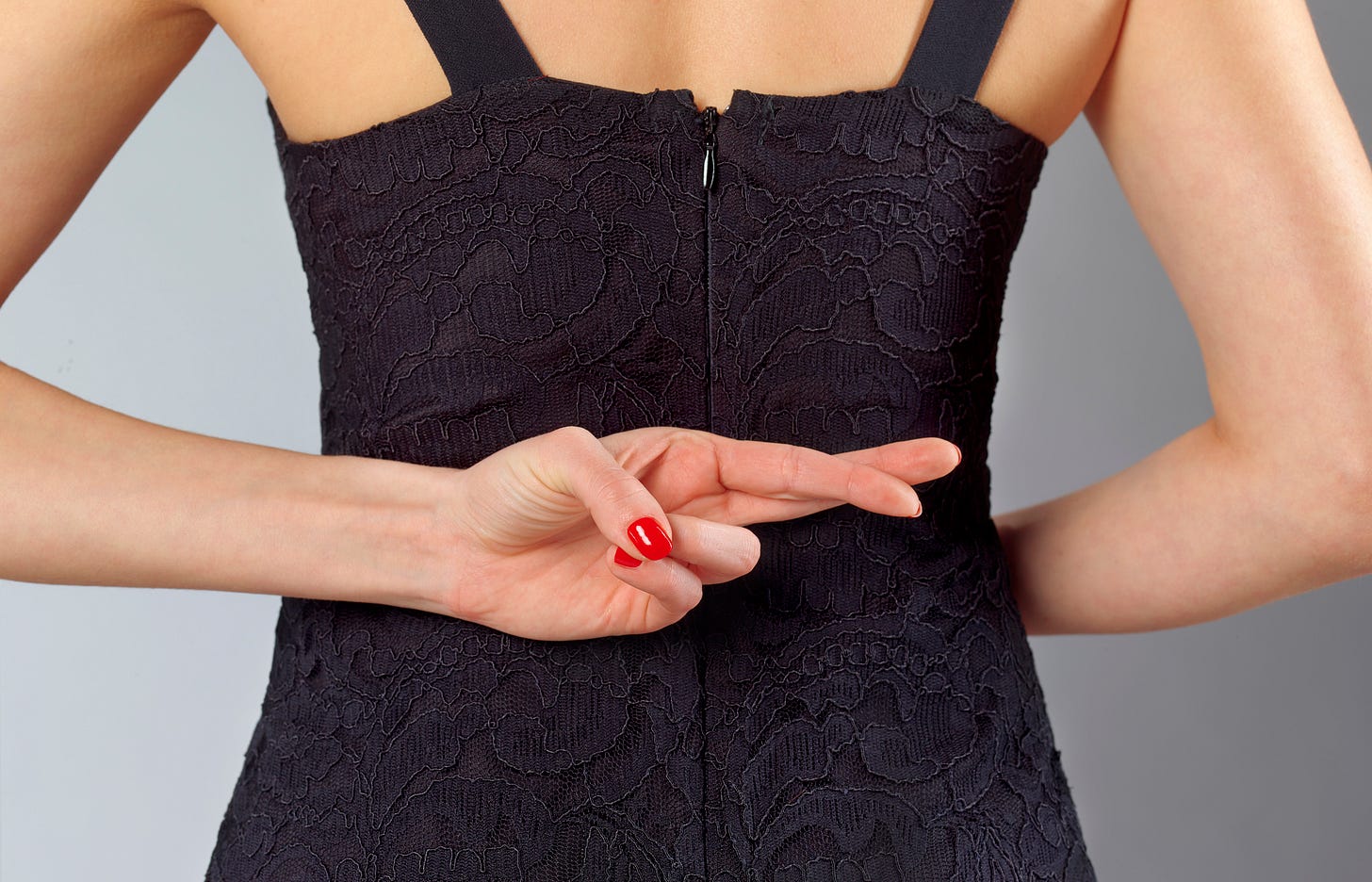How Voters Got Wrong the Major Reason They Backed Trump & Australia Plans to Ban Social Media for Those Under 16
What I’m Discussing Today:
Kareem’s Daily Quote: The number one person we consistently lie to? Ourselves.
Voters who focused on the economy broke hard for Trump: The main reason many Americans claim they voted for Trump is the economy. But they may have just set fire to their own bank accounts.
Trump’s victory adds record $64bn to wealth of richest top 10: Lots of rich people who backed Trump made millions, even billions, in the day after the election. Greed trumps patriotism.
Biden Apologizes for U.S. Abuse of Indian Children, Calling It ‘a Sin on Our Soul’: I’m proud of a country that admits its past mistakes in an overdue gesture of reconciliation and inclusiveness. Not admitting mistakes is a sign of weakness and insecurity, not strength.
Kareem’s Video Break: A quick jump into one of the many dance crazes of the ‘60s: The Nitty Gritty.
Australia plans a social media ban for children under 16: This seems like a lot of political posturing instead of looking for realistic solutions that target the problem.
Don and Juan Sing “What’s Your Name”: This was their only hit song, but it’s remained a hit for 60 years.
Note from Kareem
I wrote an article for Bloomberg Business Week titled “‘I’m Suffering’: What the 2024 Election Taught Me About America.” It encapsulates what I think are the major lessons of this election. You can read it free here. Let me know what you think in the Comments.
Kareem’s Daily Quote
Lying to ourselves is more deeply ingrained than lying to others.
Fyodor Dostoevsky (1821-1881), Russian author of Crime and Punishment
All human philosophy can be boiled down to this one question: “Do these pants make my ass look fat?” Because mirrors exist, there are three reasons why someone asks this question: (1) They think the pants are flattering and they’re looking for a compliment. (2) They think the pants make their ass look big, but they’re hoping for a lie to make them feel better. (3) They honestly can’t decide for themselves, which means their perception of reality is seriously on the fritz.
The underlying question, of course, is “Why does it matter if it does or doesn’t?” Because we are all obsessed with how others perceive us. This is understandable on a basic level of survival. We are herd creatures who need others to optimize our chances of surviving long enough to raise our offspring in safety. Being liked, feared, respected, envied, and/or loved increases our status in the herd and therefore increases our level of comfort. Plus, we need someone to play pickleball with.
Lying to others is a defense mechanism mostly applied to make us liked and reduce the chances of us being disliked. But lying to ourselves is trickier. We are equipped with the mental capacity to know when we are lying to ourselves, which means we have to build an artifice to convince our minds that we aren’t really lying to ourselves. We tell ourselves a story and, just like with any work of fiction, we willingly suspend disbelief and enter the artificial world. The problem is, once we’ve entered, it’s too painful to see ourselves realistically as the person we’ve become so we have to stay in the fake world we’ve created. Better yet, we find others who also have chosen to live the lie and tell each other you’re the ones who see the truth and all others are liars. And when possible destroy those who tell us the truth.
The irony is that a society’s best literature—whether novels, poetry, plays, movies, or songs—is meant to use fiction as a way to reveal the truth to the audience. There is always an “opportunity for insight” when characters (and therefore the audience) can see themselves as they really are. They then have the “insight into action” moment when they can change their lives. It’s most obvious in rom-coms when the lovers have split up over some nonsense involving their egos and misperceptions of each other. Suddenly, one or both realize they actually love that other person more than whatever was keeping them apart, so they launch into action by driving to the airport to stop their flight (or any of the other variations of the Big Gesture). The literature is the mirror, but only we can decide whether those pants make our ass look big—and whether we should care.
Maybe that all sounds too philosophical. In practical terms, we all struggle with perceiving the world around us and our place in it realistically. That’s the only way to make informed decisions about our lives. But so many people prefer the fantasy “reality” they’ve created, whether about the country being a ‘50s sitcom with subservient women, obedient children, and happy-go-lucky minorities or that they are good people when they keep voting for bad people and bad policies. You know, “Does voting for this rapist make my morality look bad?” They are lost in the Matrix. As for the rest of us, we have to keep on choosing our authentic selves, fat asses and all.



